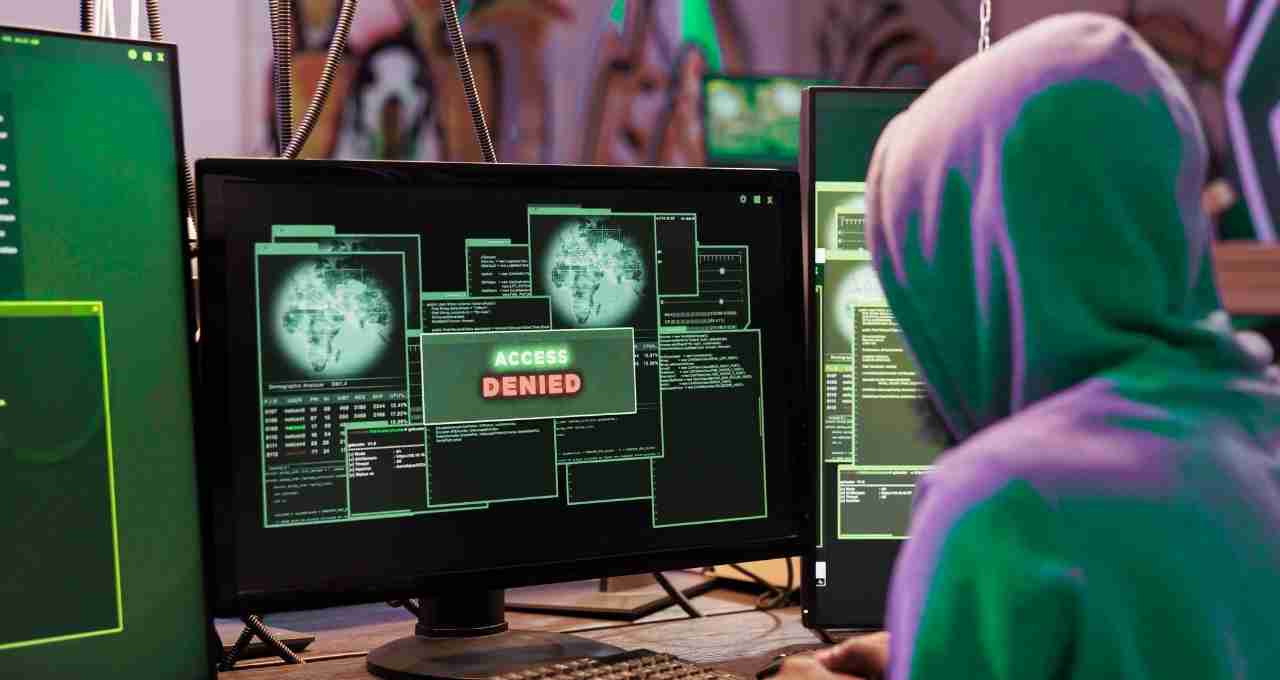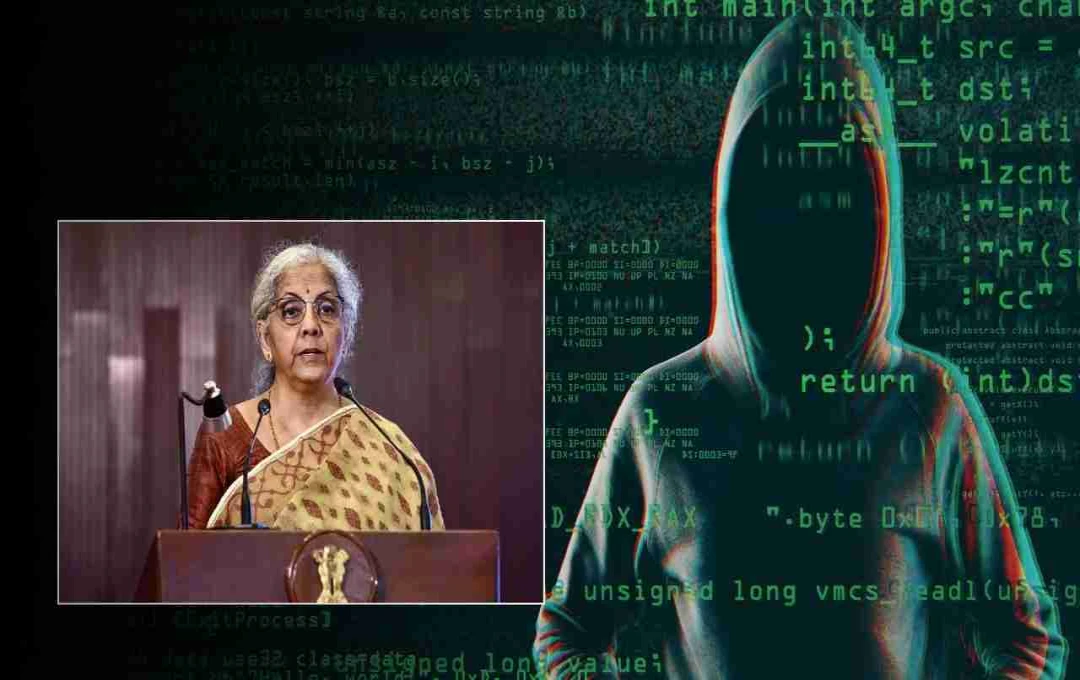Finance Minister Nirmala Sitharaman has expressed serious concerns about deepfake technology. She stated that this technology is becoming a significant threat, capable of widespread public deception and causing substantial economic and social harm.
Amidst India's rapidly digitizing economy, Finance Minister Nirmala Sitharaman issued a stern warning. She explicitly urged Fintech companies to find innovative solutions to curb the rising threat of digital fraud, particularly digital arrests and deepfake technology. This call comes at a time when cybercrimes are escalating in the country, posing a significant challenge to the digital security of the public.
The Growing Challenge of Digital Arrests and Cyber Fraud
With the increasing accessibility of smartphones and the internet, cyber fraud has become a serious problem in India. From ordinary citizens to businesses, everyone is vulnerable to digital scams. Recent years have witnessed a dramatic rise in incidents of 'digital arrests,' where cybercriminals impersonate government officials to intimidate and extort money from individuals.
The Finance Minister highlighted her concern that operators can quickly defraud people of their money, leaving victims feeling as though they've been digitally arrested. She urged Fintech companies to find technological and practical solutions to this problem to ensure the digital safety of citizens.
Deepfake Technology: A New Cyber Threat

Deepfake technology can now convincingly mimic voices and faces, creating a deceptive illusion of reality. Videos featuring leaders, officials, or celebrities uttering false statements can easily mislead the public. This technology poses a significant threat at political and social levels.
Sitharaman described it as an emerging "extremely dangerous" tool and emphasized the need for a collective strategy to counter it. She suggested that Fintech companies should collaboratively develop solutions to address this cyber threat, solutions that are technologically robust and commercially viable.
The Role of Fintech in Financial Inclusion
The Finance Minister also acknowledged the significant contribution of Fintech companies in furthering financial inclusion in the country. In rural and remote areas where traditional banking has been challenging, digital payment systems and micro-loan models have generated new economic energy.
She noted that digital loan facilities are now reaching small and medium-sized businesses (SMEs), providing them with quick and transparent access to finance. The Finance Minister stressed the importance of expanding this model to further strengthen the MSME sector.
Global Potential of Fintech

Sitharaman stated that Indian Fintech innovation has the potential to become a global public good. Through this, India can not only strengthen its economic position but also provide technical assistance to developing and developed nations.
Currently, the Unified Payments Interface (UPI) facilitates merchant payments in seven countries, including Bhutan, France, Mauritius, Nepal, Singapore, Sri Lanka, and the UAE. She emphasized the goal of adding more countries to this list to establish Indian technology as a global brand.
Future Direction: A Potential $400 Billion Market
The Finance Minister also revealed that the Indian Fintech market is projected to reach $400 billion by 2028-29. She stated that this is not a distant dream but a realistic projection for just three years. Considering the estimated annual growth rate of 30 percent, this presents a golden opportunity for the Fintech sector.
She further highlighted that since 2014, ₹44 lakh crore (44 trillion rupees) has been disbursed to the public through Direct Benefit Transfer (DBT), resulting in government savings of ₹3.48 lakh crore (3.48 trillion rupees). This data demonstrates the benefits of digital transparency and efficiency for both the government and the public.












